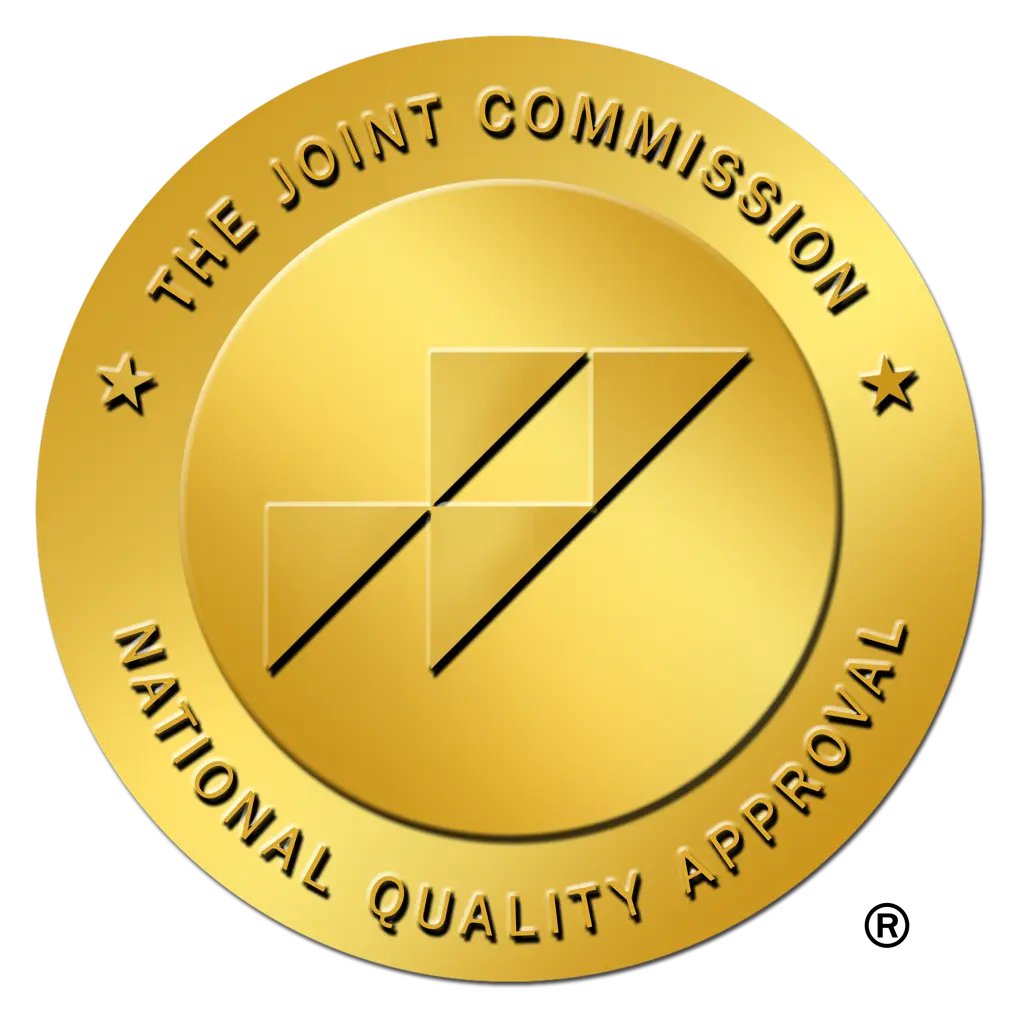What Is a Mental Disorder?
A mental illness refers to changes in or irregular functioning of a person’s thinking, emotions, or behaviors. About one in five people will experience a mental illness during their lifetime. One in 24 people will experience a serious mental illness. Fortunately, most mental illnesses are treatable with medication, therapy, or a combination of both. Although there are many types of mental disorder conditions, Alter Mental Health features a full range of mental health treatments that target disorders like anxiety, depression, bipolar, and PTSD.
Our mental health treatment center in San Diego relies on evidence-based practices like cognitive and dialectical behavioral disorders to treat mental health disorders. Evidence-based therapies are supported by the medical community and are safe and effective in treating such disorders. Alter Mental Health features experienced mental health providers with the expertise to treat chronic conditions like schizophrenia and help patients and their families cope with mental illness healthily.
If you are concerned about mental health symptoms you or a loved one may be experiencing, you can rely on Alter Mental Health San Diego Center for our support. We rely on the best mental health treatment practices to serve our patients. Use the following information to learn more about mental health disorders and treatments.
Recognizing the Types of Mental Disorders
Knowing the following eight types of mental disorder conditions can help you differentiate between them. Making a diagnosis is in the purview of our mental health providers and is sometimes difficult as the symptoms of various mental health disorders can overlap. Moreover, some people may have more than one mental health disorder simultaneously. An accurate diagnosis allows providers to recommend the ideal forms of treatment, ensuring patients get the help they need to manage their condition effectively.
A mental disorder is a condition that affects a person’s thoughts, emotions, and behaviors. Developing a mental health condition is more common than people often realize. One in five people will develop one in their life. Symptoms may be severe or even debilitating, especially without treatment. Unfortunately, many people continue to fear the stigma of mental illness even though conditions like depression and anxiety are common and affect millions of people throughout the country.
Many types of mental health disorder have symptoms that overlap with other mental health conditions. However, each disorder also features unique symptoms. Here, we’ll provide an overview of various mental illnesses, their symptoms, and best treatment practices.
1. Schizophrenia
Schizophrenia is a serious mental illness that can be debilitating. Symptoms of the disorder include delusions, hallucinations, and feeling disconnected from reality. Possible causes of the disorder include genetic factors and environmental factors, but researchers cannot point to a single gene that causes the disorder to develop. Common treatments include antipsychotic medications and therapies such as psychotherapy and family therapy. Schizophrenia is a chronic mental health disorder that may require hospitalization if left untreated. Medication is the core treatment for this disorder.
2. Schizoaffective Disorder
Schizoaffective disorder is a mental health condition that includes symptoms of schizophrenia and bipolar disorder. People who have the condition often experience symptoms of depression, mania, and psychosis. Other symptoms include delusions, hallucinations, catatonic behavior, disorganized thinking and behavior, and suicidal thoughts. As with many mental health conditions, schizoaffective disorder can be managed with medication and psychotherapy. Some patients may benefit from life skills training and other alternative treatments that can enhance condition management.
3. Major Depression
Major depression is a mood disorder that is associated with persistent feelings of sadness as well as a loss of interest in activities that were formerly enjoyed. Some people may experience other symptoms such as fatigue or thoughts of suicide. One in six people will experience major depression at least once during their lifetime. The causes of depression can include losing a loved one, job loss, loss of a pet, breakup, or even changes in the seasons. Some people are genetically predisposed to depression. To treat major depression, clinicians typically recommend psychotherapy and antidepressant medications such as selective serotonin reuptake inhibitors (SSRIs).

4. Bipolar Disorder
Bipolar disorder is a serious mental health condition that genetic and environmental factors may cause. The disorder is generally characterized by periods of depression and periods of mania. Bipolar is different from other mood disorders because it’s dynamic, shifting from lows to highs over some time. When a person is depressed, they may have little energy, avoid people, and may feel hopeless and suicidal. During the manic phase of bipolar, individuals often feel energized and highly social. During the manic phase, individuals may exhibit impulsive or even reckless behaviors.
Treatment of bipolar disorder typically involves psychotherapy and medication. About 2.6 million Americans have bipolar disorder, which is a chronic condition. However, with treatment, many patients can effectively manage their condition and achieve improved quality of life.
5. Trauma and PTSD
Post-traumatic stress disorder is caused by experiencing serious trauma or witnessing it. The intensity of the trauma can alter the brain and cause the symptoms that are associated with the disorder: nightmares, repeatedly reliving the traumatic experience, angry outbursts, panic, anxiety, and depression. A more severe form of PTSD is known as complex PTSD. This form of the disease often involves feeling disconnected from emotions or struggling to control emotions. People with the disorder may also experience thoughts of suicide.
PTSD, like many other mental health disorders, is chronic. However, it can be successfully managed with medications and psychotherapy. Medications typically target the anxiety and depression associated with the illness. Psychotherapy sessions are designed to help patients identify their triggers and manage their symptoms, particularly before they become serious.
6. Personality Disorder
A personality disorder involves differences in how a person thinks, feels, and behaves. These alterations can lead to negative outcomes such as relationship problems or difficulty relating to others. Someone with borderline personality disorder has trouble with personal relationships and may have a history of unstable relationships. The disorder is characterized by low self-esteem, fear of abandonment, and even suicide attempts. An antisocial personality disorder is characterized by harming the rights of others and failing to conform to conventional social behaviors.
7. Panic Disorders
Someone with a panic disorder experiences unexpected or frequent panic attacks. A sudden intense feeling of fear or discomfort characterizes the attacks. Symptoms often include an increase in heart rate, sweating, and trembling. Panic disorders are treated with psychotherapy and medication. During treatment, patients learn strategies for managing the symptoms of their attack. They may even be able to identify triggers for their panic attacks over time. Some patients aren’t sure why they experience panic attacks at certain times and not at others. Without treatment, panic attacks can interfere with a person’s daily activities.
8. General Anxiety Disorders
General anxiety disorders involve persistent and, often, intense worry. Anxiety can cause uncontrollable fear and nervousness. Patients may also experience insomnia, weight loss, panic, and difficulty concentrating. Treatment options include psychotherapy and medications. During psychotherapy sessions, patients learn to identify the triggers of their worry and develop strategies for managing it in healthy ways. Medications may involve anti-anxiety medications and antidepressants. Although it’s normal to experience worry, stress, and fear during one’s life, persistent worry and fear over everyday concerns can signify the presence of clinical anxiety.
Seeking Help for Mental Disorders in California
If you are struggling with the common types of mental health disorder like the one listed here, don’t hesitate to seek help from Alter Mental Health. Our clinicians are highly trained and experienced. They specialize in mental healthcare and rely on the best practices for treating each type of disorder. Even though many mental health conditions are chronic, their symptoms can be substantially reduced so that patients can manage their condition effectively for the long term. Mental health treatment can help clients develop long-term strategies for managing their disorder. Alter Health San Diego features a high-quality treatment center complemented by a safe, positive environment. Our clinicians are empathetic and have the expertise needed to treat the most serious mental health conditions. Contact us to learn more about how we can help you achieve your recovery goals.
FAQs About the Types of Mental Disorders
What are some common misconceptions about mental disorders?
Some people think that mental health disorders are rare when mental illness is extremely common — 1 in 5 people will develop one at some point.
How can we improve mental health awareness in our communities?
Sharing the news that mental health disorders are common can help raise awareness and reduce mental health stigmas.
What are some effective coping strategies for people living with mental disorders?
Psychotherapy can help patients manage their mental health disorders effectively.
How can loved ones support someone who is struggling with a mental disorder?
Yes, loved ones can participate in psychoeducation to learn how to support their loved ones.
What role does early diagnosis play in managing mental disorders?
The sooner a person obtains treatment, the sooner they can minimize symptoms and disruptions to their lives that symptoms cause.
How does the stigma surrounding mental disorders affect those living with these conditions?
Stigma prevents people from accessing the treatment they need.
What are some significant advancements in the treatment of mental disorders in recent years?
New medications have been developed over the last 50 years to effectively treat mental health disorders like depression, anxiety, and bipolar disorder.

